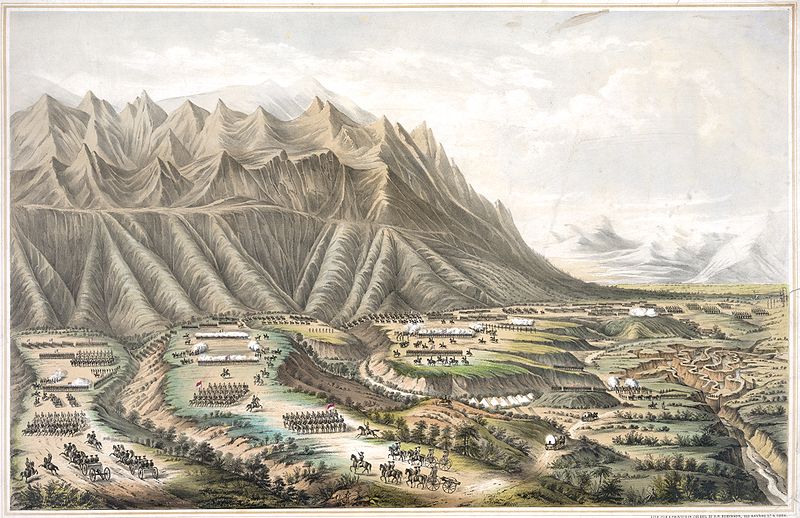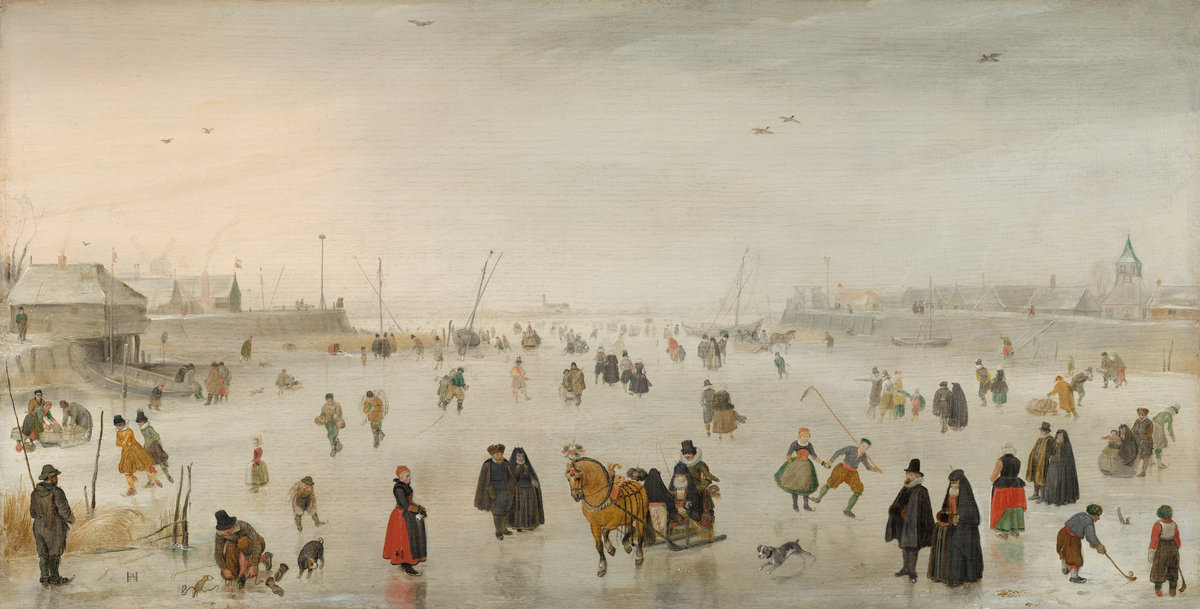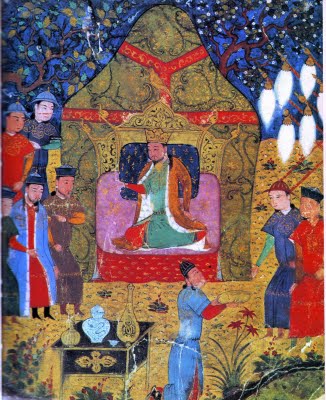By Sarah Bakhtiari

Public opinion surveys reveal only eighteen percent of of residents in the southeastern oblasts consider Novorossiya as a manifestation of an independence movement in southeastern Ukraine. Gerald Toal and John O’Loughlin examine these findings, along with their ethnolinguistic and geographic variation, in their study on post-Maidan attitudes.
Did international peacekeeping training aid the Burundian military in staging a coup against Nkurunziza? Not according to Nina Wilen, Gerard Birantamije, and David Ambrosetti, but Burundi’s peacekeeping training support from the United States has been temporarily suspended in light of the country’s recent descent into political violence.
Are China’s efforts to double its South China Seas landmass a component of its slow-motion hegemony strategy? Patrick Cronin argues that China hopes to displace the United States while gradually dominating its neighbors in a manner unlikely to trigger any decisive action.
Paul Pillar explains the continued U.S. use of drone strikes to reach terrorists where other means fail, but also highlights the root driver for this policy as public intolerance of terrorist acts, and the political establishment’s dependence on electoral viability.
Stop eating and drinking in Russia today? That appears to be safest bet to avoid a favorite Russian move: poisoning the opposition.
Have U.S. capacity-building efforts in allied states created a dependency paradox, infantilizing rather than empowering allies?
Dictators have a new weapon at their disposal—Photoshop.
Xenophobic dispositions are institutionally entrenched, keeping South Africa’s more than 70,000 annual asylum seekers from getting many of the basic services they need, in addition to making them targets of violence.
Do declining commodity prices increase the importance of African states’ embrace of science, technology, and innovation to stimulate growth?
Kenya’s war on terror appears to be breeding a cycle of violence between Kenyan military forces in Somalia and al-Shabaab, possibly provoking the Garissa and Westgate Mall attacks.
Is exposure to America’s political philosophy enough to influence political neutrals in the fight against radical Islam and other such modern challenges?
Brazil’s Igarapé Institute recently launched a new open-source visualization tool called the Homicide Monitor, which shows the distribution, dimensions and dynamics of homicide data globally. What does the most recent data (2012) show? One in four people violently killed each year around the world outside of war zones were located in Brazil, Colombia, Mexico or Venezuela.
Does a lack of public support in Colombia explain the failure of the peace process between the Colombian government and the Revolutionary Armed Forces of Colombia (FARC)?








1 comment
Regarding the surveys — they surveyed everyone EXCEPT the residents of the actual separatist regions (Donetsk and Luhansk), which is a little bit like asking residents of England whether they think the US whether they think the US deserves to be an independent country.
“We judged it impossible to do reliable survey work in war afflicted Donetsk and Luhansk, instead contracting with the Kiev International Institute of Sociology (KIIS) to administer a randomized face-to-face survey to 2003 persons in Odesa, Mykolaiv, Kherson, Zaporizhia, Dnipropetrovsk and Kharkiv. We asked a series of questions about Novorossiya.”